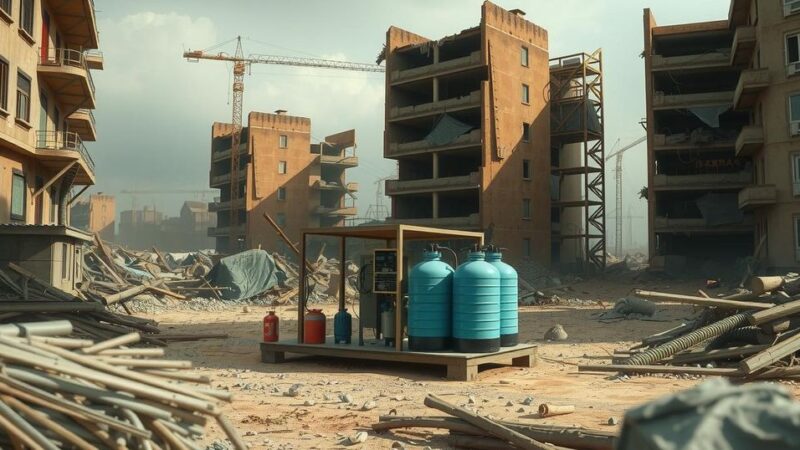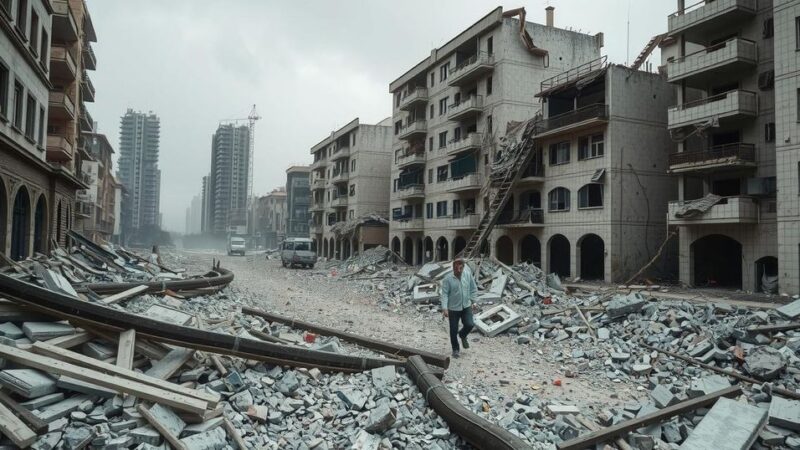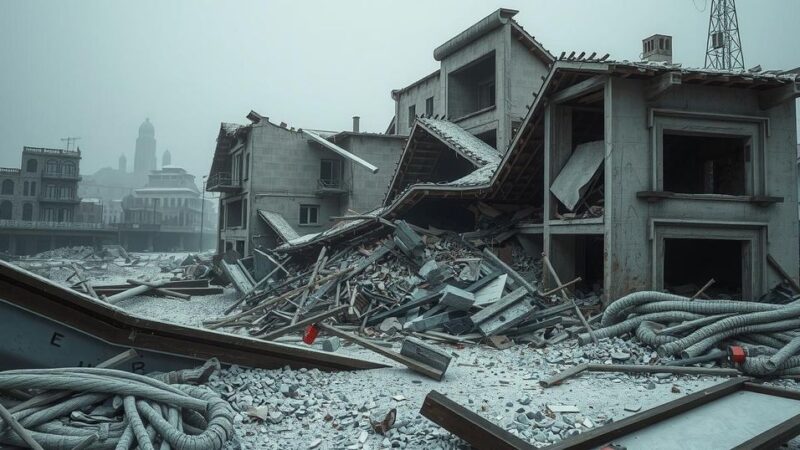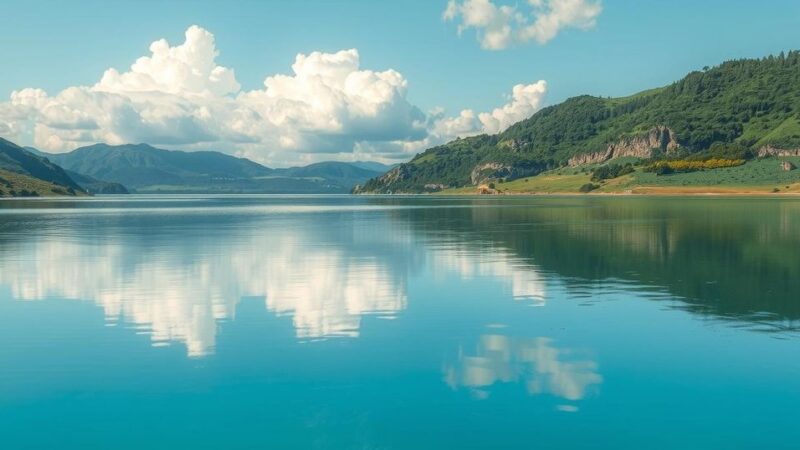Despite currently satisfactory water levels in São Paulo’s reservoirs, climate change raises concerns over future water scarcity. Experts highlight the need for long-term measures to address unpredictable rainfall and rising temperatures, emphasizing collaboration and infrastructure improvements.
Currently, the reservoirs serving the metropolitan area of São Paulo are operating at satisfactory levels. However, experts caution that increased uncertainty regarding climate patterns, including recurrent heatwaves and limited rainfall, necessitates proactive measures for sustainable water supply in the future. José Marengo of the National Center for Monitoring and Early Warning of Natural Disasters highlights the complexity of accurate forecasting in such fluctuating climate conditions, leading to concerns about potential water scarcity.
As of February 27, only one of the seven reservoir systems, Alto Tietê, recorded below-average volume, unlike three systems that faced similar challenges last year. Samuel Barreto from The Nature Conservancy indicates that rainfall was irregular and did not meet historical averages, leading to rising apprehensions surrounding water scarcity during 2023. The repeated pattern of intense storms followed by prolonged dry periods raises significant concerns for residents.
Marengo notes that although there is no immediate danger, a preliminary alert has been issued regarding the region’s water supply. He emphasizes how climate phenomena, such as El Niño and La Niña, could exacerbate drought conditions and high temperatures, potentially impacting water availability. Alongside these discussions, the preparation for the rainy season remains crucial, given its implications for reservoir levels.
The metropolitan region supplies over 20 million residents through seven systems, with average capacity currently at 61.7%. Comparatively, this figure was 77.3% at the same time last year. Experts emphasize the need for effective management and improvements in water transport systems to minimize waste due to poorly maintained infrastructure.
Sabesp’s executive director, Samanta Souza, notes that while the immediate situation is stable, actions must be taken to secure long-term water supply. Current initiatives aim to address historical infrastructure deficiencies while ensuring reliability in the face of increasingly irregular climate patterns. Plans include interconnections of reservoirs and improvements for future water security.
Looking to the future, São Paulo’s municipal government is collaborating with international agencies to formulate a new basic sanitation plan, which aims to enhance the city’s long-term water management strategies. They recognize the necessity of addressing climate unpredictability and urban growth in sustaining water resources effectively.
Samuel Barreto urges consideration of diverse solutions beyond traditional engineering measures to enhance resilience and adaptation strategies amidst climate extremes. He suggests reforesting watersheds as a viable measure to restore and protect vital water resources, affirming the necessity of native vegetation for long-term sustainability.
Overall, the discussions surrounding São Paulo’s water supply indicate an increasing recognition of both current stability and the looming challenges posed by climate change. As experts advocate for integrated strategies to secure this vital resource, the need for collaborative actions at all levels becomes increasingly apparent.
Although the immediate water supply situation in São Paulo is currently stable, experts emphasize that climate change presents increasing risks, including irregular rainfall and rising temperatures. Long-term strategies are essential to ensure water security, particularly through improved infrastructure and reforestation initiatives. Collaboration among governmental bodies and communities will be pivotal in addressing these emerging challenges effectively.
Original Source: valorinternational.globo.com






